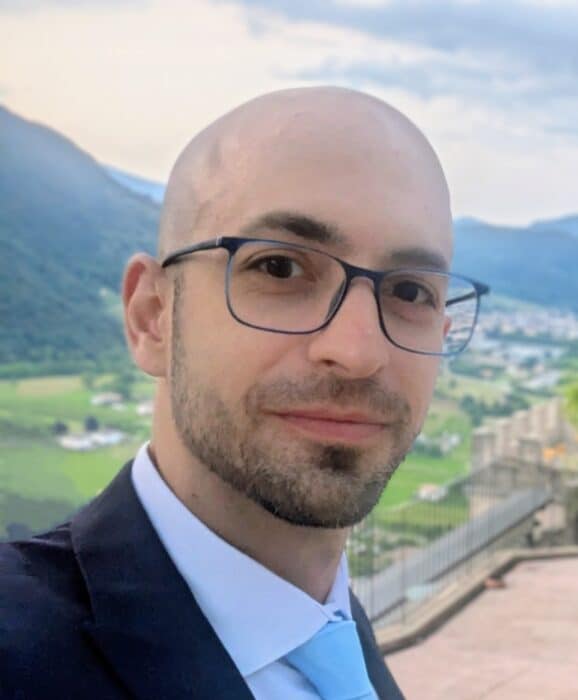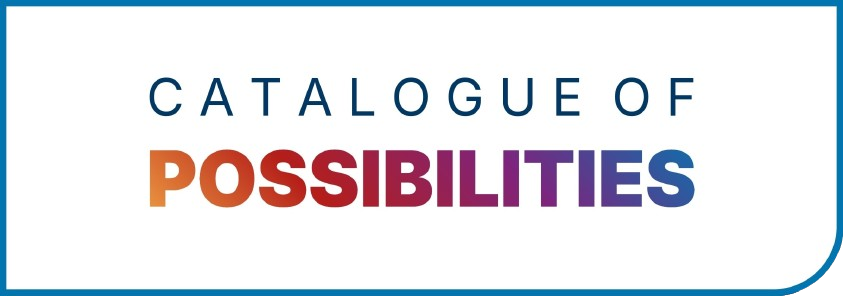Dr Lucas Ferrari Gerez he/him

Lecturer in Biomedical Engineering
Strategic Research Areas
I am Dr Lucas Ferrari Gerez, Lecturer in Biomedical Engineering at the University of Glasgow. My research focuses on the development of wearable robotic devices, such as exoskeletons and prosthetics, to support individuals with limited mobility during rehabilitation or daily life activities. My aim is to create assistive technologies that are functional, lightweight, and accessible, ultimately improving users’ quality of life.
In our group, we work on soft, textile-based exoskeletons that integrate sensing and actuation into wearable garments. These devices are designed to provide motion assistance while preserving user comfort, aiming for real-world deployment in clinical and community settings. Our research combines robotics, human biomechanics, materials engineering, and user-centred design.
I am interested in forming collaborations with clinicians and therapists to align our work with rehabilitation practice, fashion and functional textile designers to improve comfort and wearability, and data scientists to support adaptive, AI-driven control strategies. My prior work at Harvard University as a postdoctoral researcher involved similar interdisciplinary collaborations and resulted in high-impact publications and translational outcomes.
I would like to supervise PhD projects that focus on soft wearable exoskeletons for upper-limb rehabilitation and daily assistance, combining insights from engineering, healthcare, design, and data science. I follow a guided autonomy supervision style, providing structure and strategic guidance while encouraging students to independently shape their projects. I also focus on ensuring access to relevant infrastructure, networks, and training opportunities.
Regarding equity, diversity, and inclusion (EDI), I am committed to broadening participation in engineering and healthcare innovation. I am currently leading a Royal Society-funded project that develops open-source prosthetic devices to support STEM education among school children, especially those from under-represented backgrounds. As a Brazilian immigrant and first-generation academic, I am highly aware of cultural and systemic barriers. I actively seek to support individuals with high potential who may not otherwise have access to opportunities.

